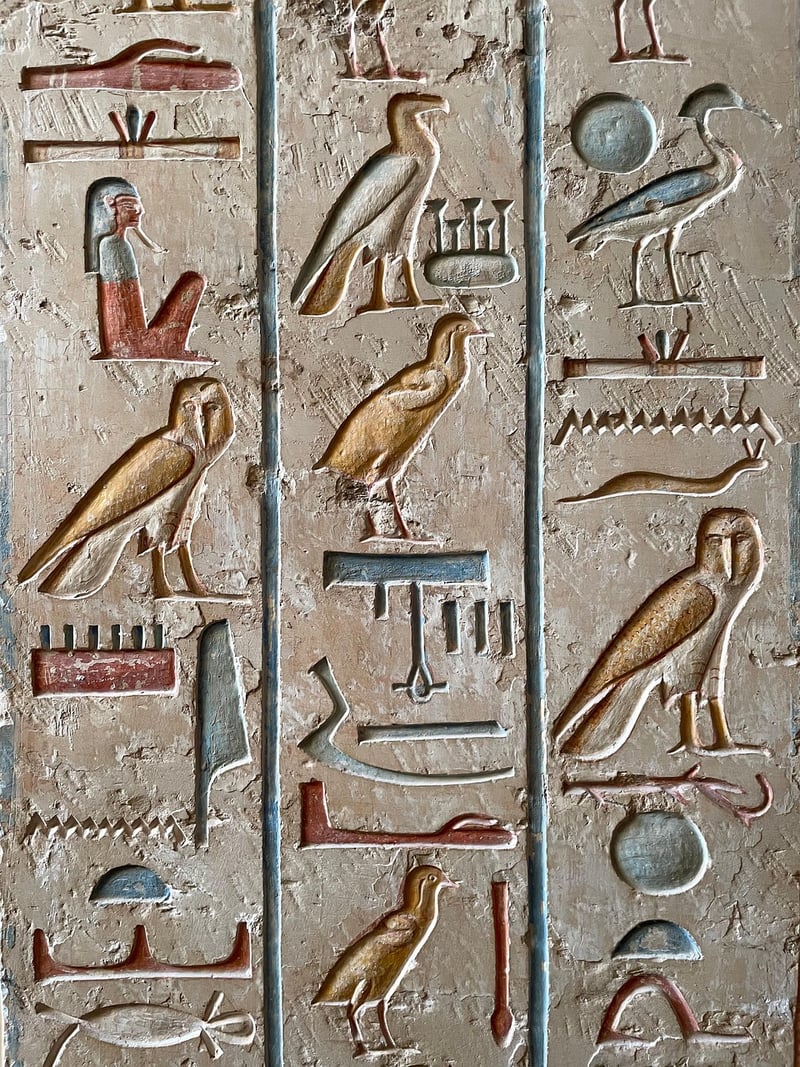Future Exploration
The Fascinating World of Time Periods
Time periods have always captured the imagination of historians, archaeologists, and enthusiasts alike. Each era carries its own unique characteristics, shaping the course of history and leaving behind a legacy worth exploring. Let's dive into some of the most intriguing time periods that have defined the past and continue to inspire future exploration.
Ancient Times
Ancient civilizations such as the Egyptians, Greeks, and Romans laid the foundation for modern society through their advancements in architecture, literature, and governance. The mysteries of the pyramids, the wisdom of philosophers, and the might of emperors still intrigue researchers today.
Image of Ancient Civilization

Medieval Era
The medieval period, with its knights, castles, and feudal systems, conjures images of chivalry and intrigue. This time saw the rise of powerful monarchies, epic battles, and the flourishing of art and culture.
Image of Medieval Castle

Industrial Revolution
The Industrial Revolution revolutionized the way societies functioned, introducing mechanization and urbanization on a massive scale. This era marked a significant shift in technology, economy, and social structure.
Image of Industrial Revolution

Modern Times
From the World Wars to the digital age, modern times have witnessed rapid globalization, technological innovations, and cultural transformations. The interconnected world we live in today is a product of the events that unfolded in recent history.
Image of Modern Technology

Future Exploration
As we look to the future, the exploration of time periods continues to evolve. Advances in archaeology, historical research, and technology enable us to uncover new insights into the past and speculate about what lies ahead. The quest to understand where we come from and where we are headed drives the exploration of time periods into uncharted territories.
Join us on this journey through the annals of history as we unravel the mysteries of the past and pave the way for future discoveries.
